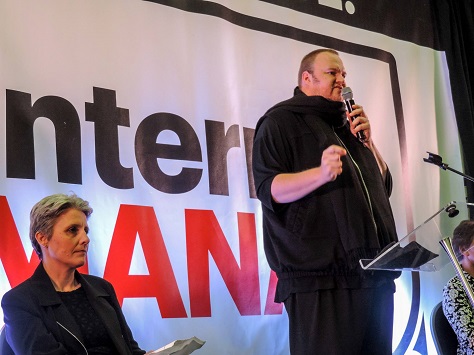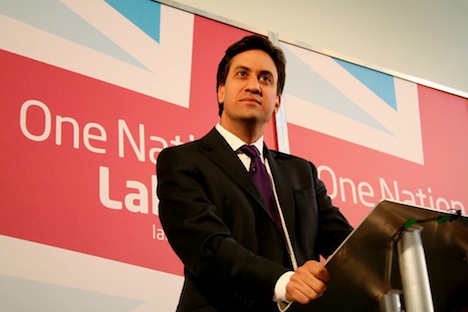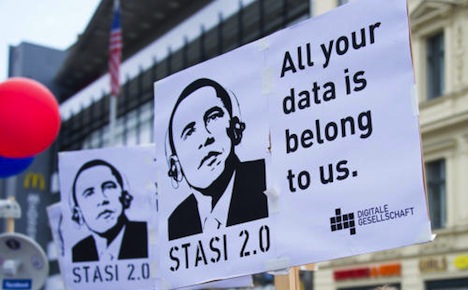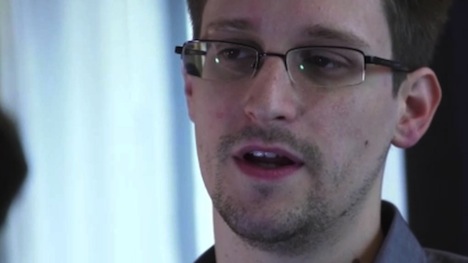There was never much doubt that John Key would win a third term as New Zealand’s prime minister in the face of a hapless New Zealand Labour Party that has struggled to find a compelling leader.![]()
Although he didn’t win any seats in New Zealand’s House of Representatives after the September 20 general election, Kim Dotcom (pictured above) managed to turn an otherwise boring election into a rollicking debate over Internet freedom and surveillance in the digital era.
How did a German-born fugitive fighting extradition to the United States become the sensation of the New Zealand general election? And why did, NZ$ 4 million (around US$ 3.25 million) in campaign spending later, does the Internet sensation have nothing to show for his initial foray into New Zealand’s national politics?
Dotcom formed the Internet Party in March. By July, he announced it would ally with the left-wing MANA Movement, an alternative indigenous party founded by former MP and former Māori Party member Hone Harawira in 2011. The two groups, however, always made for strange political bedfellows. It was never incredibly clear how Dotcom, with his agenda of international Internet freedom, found common cause with Harawira.
As recently as early September, Internet-MANA was winning 3.5% of voter support, which turned out to be Dotcom’s campaign high-water mark. By the time voters actually got around to voting, they only gave Internet-MANA 1.26% of the national party vote, not enough to deliver even a single seat, and not enough to reelect Harawira in the Te Tai Tokerau constituency.
Dotcom accepted full blame for the defeat after the election, acknowledging that he had become an easy target for his political opponents:
Internet Party leader Laila Harre has admitted that the gamble her party took with Mana had not worked. It follows the party’s founder, Kim Dotcom, last night saying Internet-Mana had lost support because of him.
“The brand Kim Dotcom was poisoned … and I did not see that before the last couple of weeks,” he said as results from New Zealand election 2014 rolled in last night.
Key said after the election that it’s now time for Dotcom to ‘go away:’
“I think a lot of middle New Zealand rejected the notion of a group of foreigners coming in and looking like they wanted to have a very heavy influence on a general election that is New Zealand’s election.”
Dotcom’s future remains murky amid efforts by US authorities to have him extradited on criminal copyright infringement charges related to his now-shuttered Megaupload website. Continue reading How Kim Dotcom made a boring Kiwi election interesting



